Even if you don’t see discarded plastic in your community, tiny pieces of plastic have been found everywhere around the world, from the highest mountain peaks to the deepest ocean trenches.
Plastic is found in the water we drink, the food we eat, the air we breathe, the soil below us, and even inside of our bodies.
Plastic pollution is a human health, social justice, environmental, climate, and wildlife issue. People and communities across the world are finally waking up to the fact that plastic pollution impacts everything.
We invite you to learn the facts about plastic pollution and to join us in changing the system away from single-use plastics and toward just, equitable solutions that benefit the health of humans, animals, waterways, oceans, and our environment.
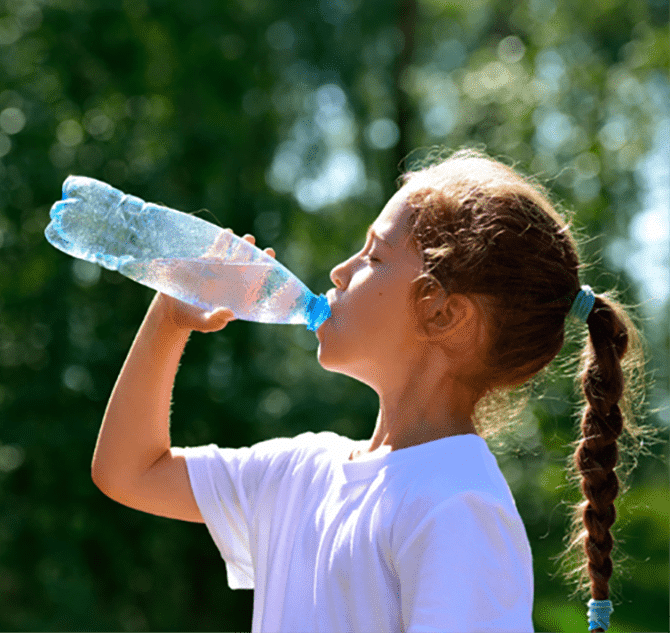
Studies of the plastics’ endless existence paint a toxic picture: At every stage, from extraction to production to transportation to use to disposal, plastic pollution threatens human health on a global scale. Communities on the fenceline of petrochemical and plastics infrastructure face chemical pollution of air, land, and water, in addition to pollution of dangerous plastic particles, noise, and risk of deadly industrial accidents like fires and explosions. Serious human health problems associated with fossil fuel extraction, plastics production, use, and disposal are numerous, and include cancer, diabetes, obesity, respiratory issues, reproductive and hormone problems, asthma, and more. Learn more about the human health risks of plastic in this short video.
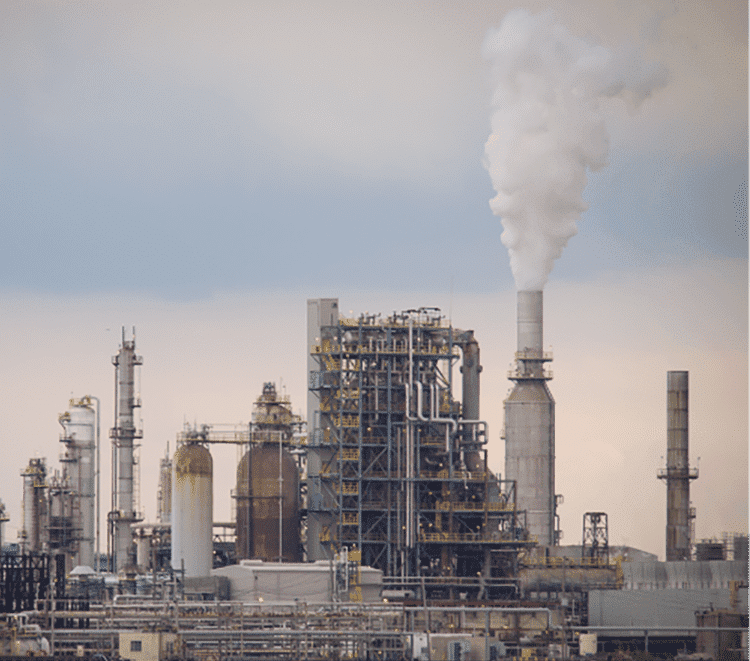
Ninety-nine percent of all plastics are made from petrochemicals derived from fossil fuels—gas, oil, and coal—and drive the climate crisis. Despite the urgent need to cut our reliance on fossil fuels, the plastics and petrochemical industries plan to triple plastics production by 2060—threatening our chances of keeping global temperature rise below the critical 1.5-degree Celsius threshold. By 2050, plastic production and disposal could generate greenhouse-gas emissions equivalent to 615 coal plants annually and use up to 13% of Earth’s remaining carbon budget. Microplastics and nanoplastics may be interfering with the ocean’s ability to absorb and sequester carbon, our biggest natural carbon sink. Learn more about the connections between plastics and the climate crisis from this webinar.
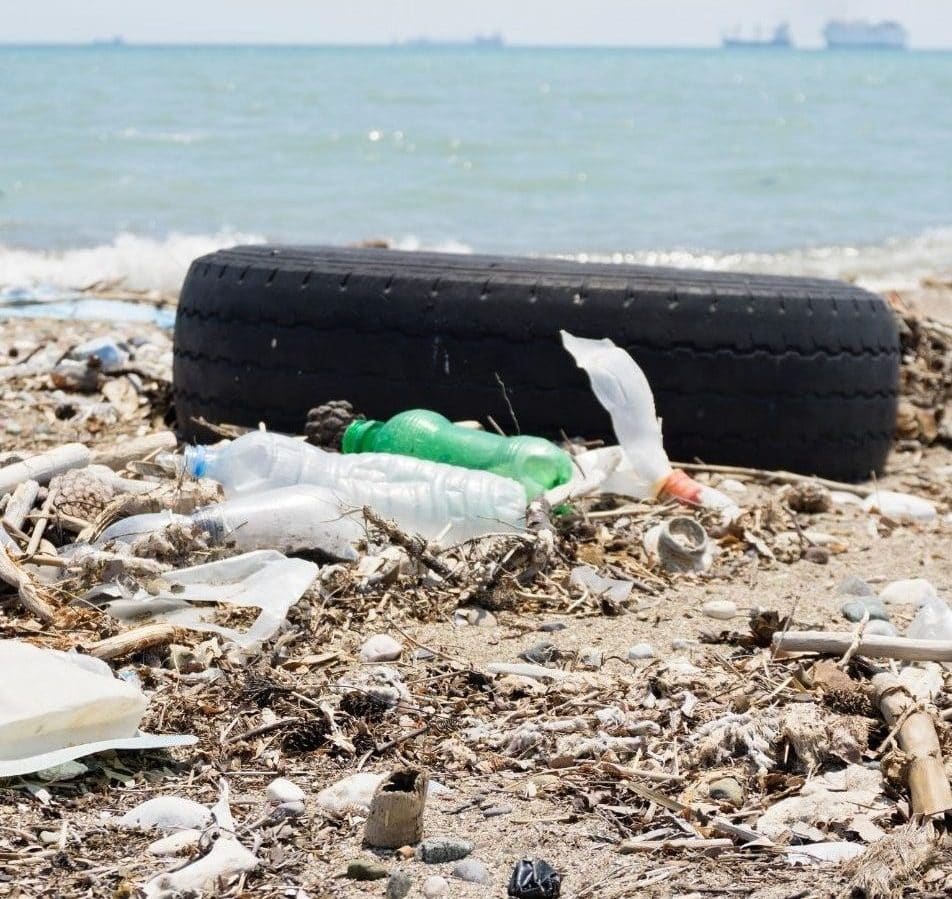
Plastic can be found all throughout nature, from the oceans to fresh waterways, to soils, air, and outer space. Plastic contains harmful chemicals and never benignly degrades; instead, plastic breaks up into small toxic pieces. Scientists call these plastic pieces “microplastics” and “nanoplastics.” Plastic items and particles easily travel across the planet, threatening the health of wild animals, plants, humans, and the interconnected ecosystems we rely on to survive. Instead of being recycled, most plastics are sent to landfills, illegal dumps, or escape into the natural environment; are incinerated; or are shipped to developing nations unequipped to handle this waste.
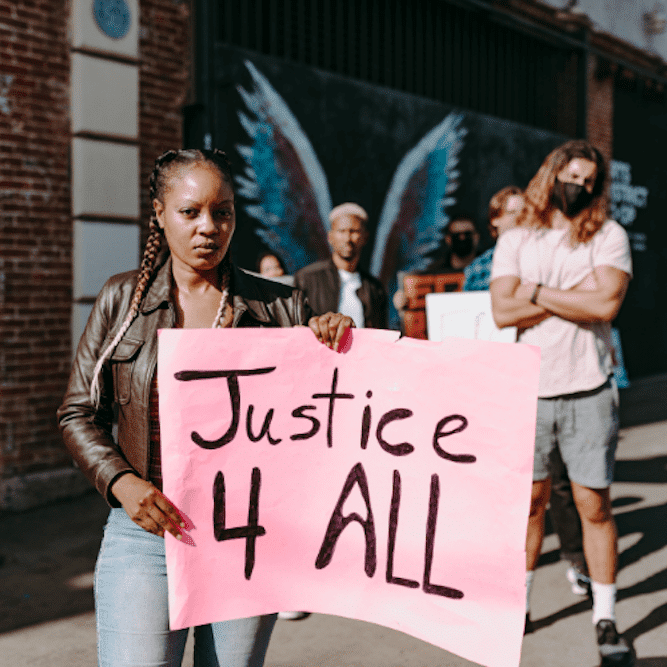
Plastic pollution is an environmental and social justice issue which disproportionately impacts Black, Brown, and Indigenous (BIPOC), and rural and low-income communities. These systemic injustices are built into government policies, society, and our economy. There is a strong connection between environmental and social injustice, racism, and classism and exposure to air pollution caused by waste incineration, landfills and illegal dumps; industrial water and soil contamination; heightened risk of accidents and explosions; and myriad other environmental injustices in the US and globally. We recognize that these are all part of a single, globally connected Movement for Justice. Vulnerable communities deserve protection and respect.
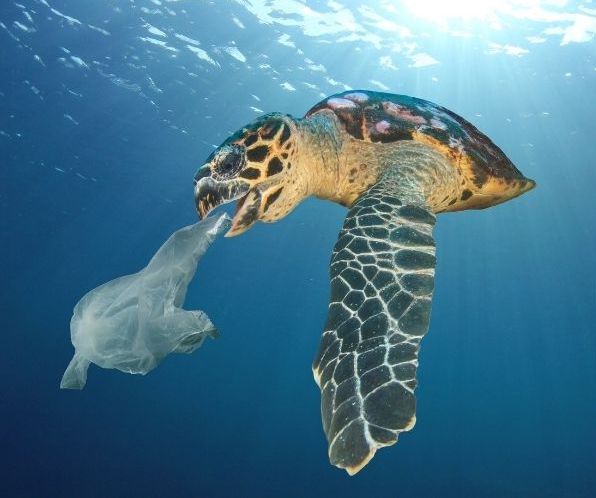
Many wild animals mistake plastic for food, and in nature they must navigate a dangerous plastic obstacle course. In the oceans, fatal entanglement in and ingestion of plastic by marine mammals is increasing along with the amount of plastic in the ocean. Once ingested, plastic items and particles can inflict deadly physical injuries on animals’ digestive tracts, including perforation of stomach and intestinal walls. Even small quantities of plastic can shorten animals’ lifespans, as has been observed in sea turtles. The dangerous chemicals in plastics build up in animals’ bodies over time. Plastic is a threat to all animals, of all sizes, everywhere.